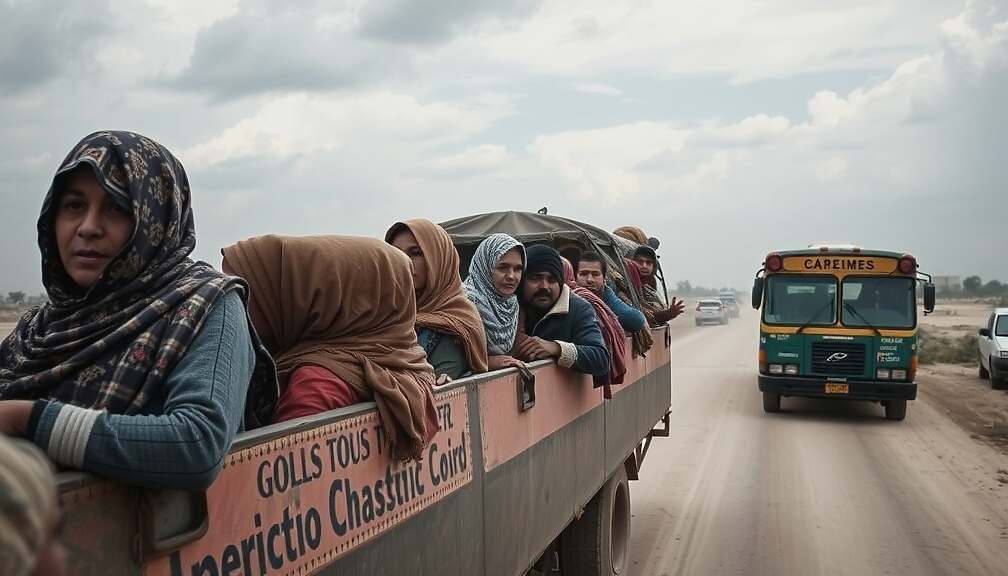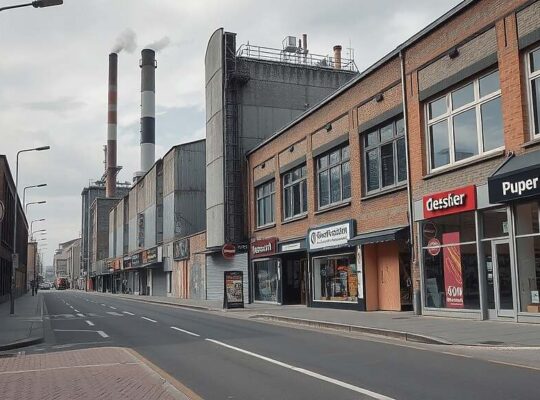Data recently released indicates a significant number of individuals previously recognized as refugees in Greece are continuing their journeys to Germany and subsequently filing new asylum applications.
Between January and May of this year, approximately 8,000 individuals submitted protection requests with the Federal Office for Migration and Refugees (Bamf), despite already holding recognized refugee status in Greece. This trend extends to over 26,000 individuals throughout 2024.
This phenomenon, known as secondary migration, is facilitated by the Schengen Border Code, which permits recognized refugees to travel freely within the EU for up to 90 days within a six-month period. European law, however, typically prohibits submitting new asylum claims in another EU member state.
The Federal Interior Ministry stated that individuals granted protection in Greece are obligated to utilize that protection within Greece. Reports suggest many are traveling by air from Greece to Germany.
The police union (GdP) has voiced strong criticism, highlighting the disparity in resource allocation. While federal police are actively monitoring land borders with Poland and Austria and conducting stringent checks on potential irregular entries, airport controls remain significantly limited. “We are controlling the land borders and simultaneously have hardly any means to counter illegal migration at airports. This is absurd” said Andreas Roßkopf, Chairman of the GdP’s federal police division. He emphasized the urgent need for increased federal police authority to control and reject secondary migration, requiring coordination with other EU states and airlines.
A recent ruling by the Federal Administrative Court in Leipzig (April) determined that adult, able-bodied and non-vulnerable individuals with international protection status are not facing degrading or inhuman conditions if they return to Greece, potentially streamlining deportation proceedings.
Refugee aid organization Pro Asyl, however, maintains that the situation for refugees in Greece remains “inhumane” and largely unchanged, citing inadequate accommodation and precarious living conditions. A spokesperson for Pro Asyl described a situation of “no bed, no bread, no soap” and emphasized the vulnerability of recognized refugees who often find themselves without shelter.












